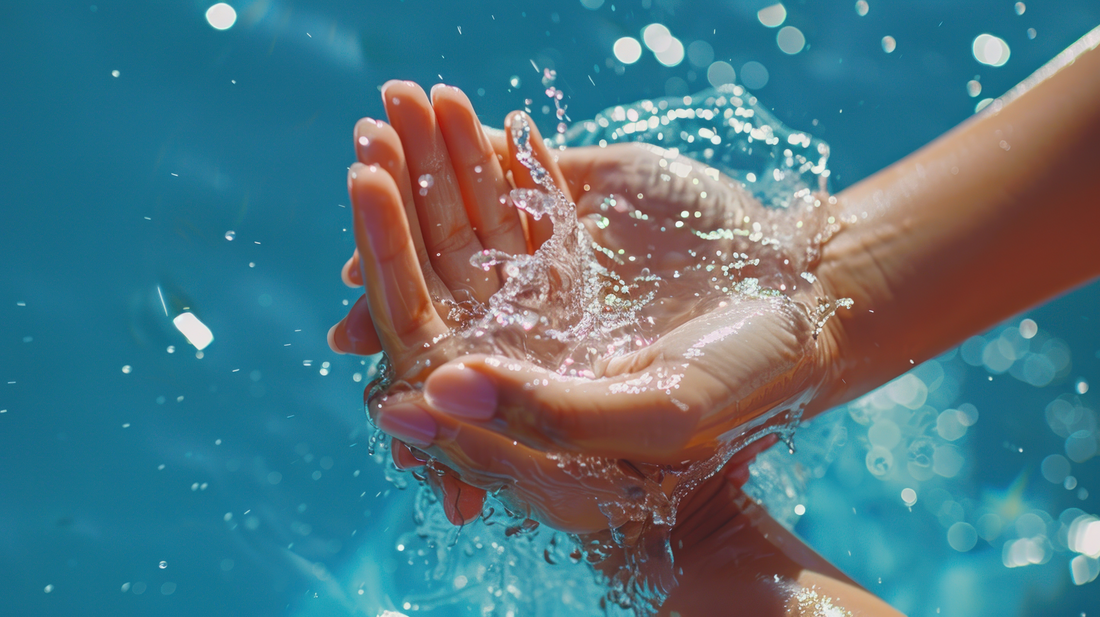Hypochlorous acid (HOCl) is known for its remarkable wound healing properties due to its ability to modulate inflammation, promote tissue regeneration, and act as an effective antimicrobial agent. By maintaining a balanced inflammatory response, HOCl prevents excessive inflammation and subsequent tissue damage, which is essential for efficient wound healing.
Furthermore, hypochlorous acid promotes the formation of new tissue, speeding up wound closure and reducing scarring. Its capacity to support cellular regeneration makes it an outstanding solution for treating skin injuries, ensuring smooth and healthy skin. Hypochlorous acid is especially suitable for sensitive skin since it does not cause irritation, dryness, or sensitivity, setting it apart from other antimicrobials. This gentleness makes it perfect for regular use, even for individuals with delicate skin or allergies.
In daily skincare routines, hypochlorous acid serves as an effective yet gentle cleanser that preserves the skin's natural moisture barrier. Its anti-inflammatory properties make it suitable for soothing conditions such as sunburn, eczema, and rosacea. Regular application of HOCL can also prevent common skin issues by controlling the microbial load and reducing inflammation risks.
When using hypochlorous acid, it is important to ensure the concentration is no more than 250 parts per million (PPM) to maintain its neutral pH and avoid adverse effects associated with higher acidity. Consulting with an HOCl specialist can provide guidance on optimal use and safety.

